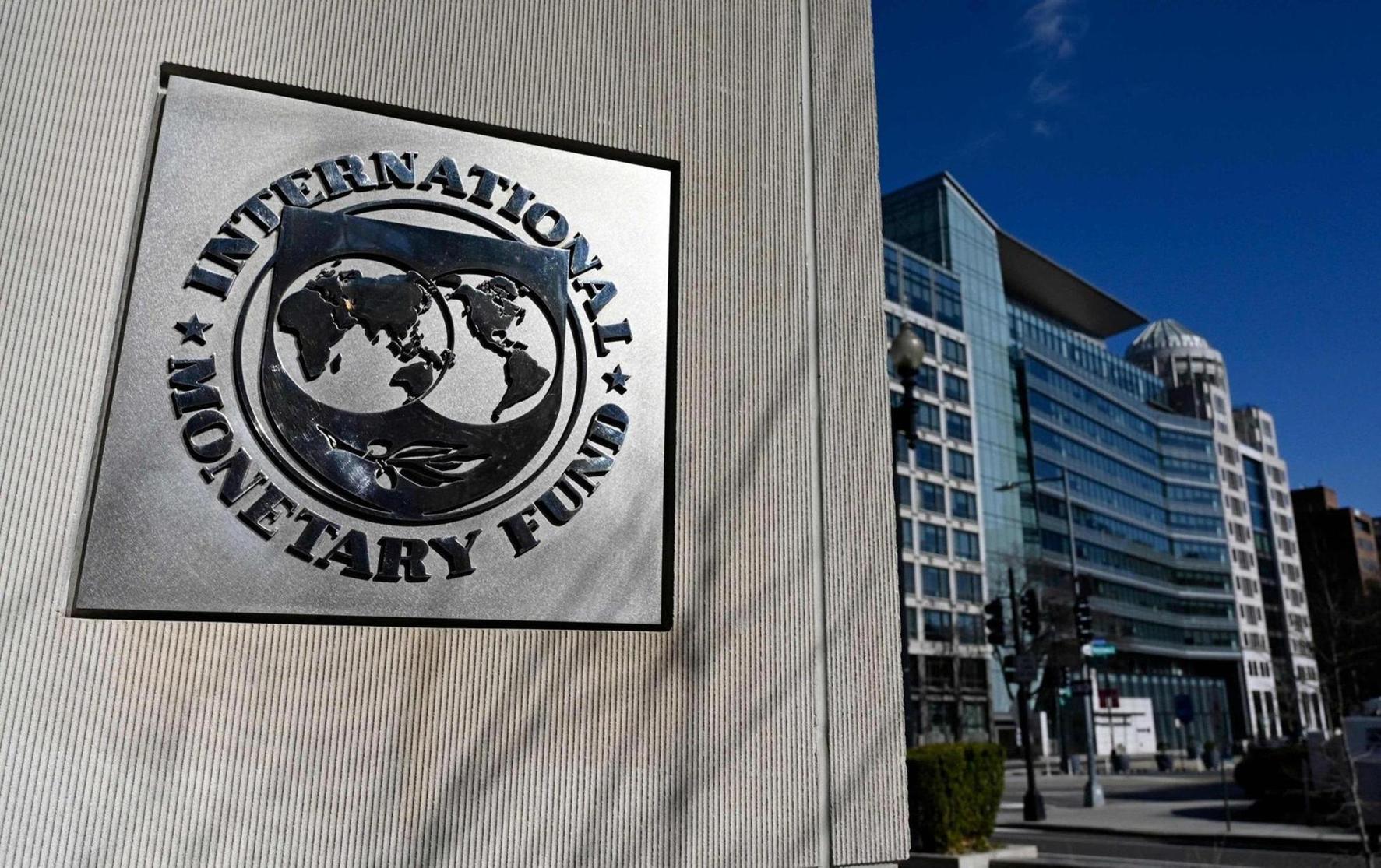Africa-Press – Eswatini. The International Monetary Fund (IMF) says there is evidence of clear misconduct and imprudent behaviour of a beneficiary fund administrator and of the trustees of the fund that remain to be dealt with and the appropriate measures enforced.
This is contained in the Technical Assistance Report for the Kingdom of Eswatini Financial Sector Stability Review dated April 2024.
The IMF conducted a diagnostic review of the financial system of the Kingdom of Eswatini and proposed a technical assistance roadmap to support the authorities’ detection of risks and vulnerabilities and to enhance capacity in financial sector oversight at the request of the Central Bank of Eswatini (CBE).
The IMF said the beneficiary fund, which receives distributions from retirement funds when beneficiaries are minor children of a deceased retirement fund member, violated regulatory requirements, leading to the loss of over 80 per cent of the trusted funds, which were all placed in one investment management firm that vanished.
Invested
The IMF said in addition, the remaining 20 per cent of the original fund or now 100 per cent of the remaining funds, were invested in a high risk and illiquid related party instrument of the fund’s administrator.
Although the IMF did not state the name of the beneficiary fund, it is public knowledge that Likhwane Beneficiary Fund lost out E63 million after investing in ESW/Ecsponent and also invested a further E10 million to Lingedla Investment in South Africa.
Likhwane Beneficiary Fund administered pension funds which included Eswatini Civil Aviation Authority Provident Fund, Eswatini Electricity Company Pension Fund, EswatiniBank Pension Fund and Eswatini Revenue Service Pension Fund, among others.
At some point, the organisation faced cashflow challenges and could not pay school fees for beneficiaries.
The IMF reported that this regrettable situation, leading to a loss of all the funds totalling around E80 million, was a result of gaps in the Retirement Funds Act combined with weak enforcement actions.
The organisation said the existing regulation required retirement funds to have 100 per cent funding ratios; however, several of the defined-benefit retirement funds continued operating underfunded in one case with as low as a nine per cent coverage ratio and, as a result, already having liquidity issues.
The IMF said the collapse of the ESW collective investment scheme (formerly Ecsponent Limited), which attracted investments from the beneficiary fund, an insurer, and SACCOs by offering high returns, resulted in losses for the beneficiary fund amounting to 80 per cent of its assets, leaving its beneficiaries (orphans) without entitled distributions.
Related
The IMF said the investments guidelines for beneficiary funds, the limits on related party investments, as well as the reporting frequency are yet to be enacted as part of the amendments to the Retirement Funds Act.
“Notwithstanding these regulatory limitations, there is evidence of clear misconduct and imprudent behaviour of the beneficiary fund administrator and of the trustees of the fund that remain to be dealt with and the appropriate measures enforced,” the report states.
The IMF further said currently the fund still operated, accepting new business.
The organisation recommended that the country should enact the amendments to the Insurance Act and the Retirement Funds Act together with the corresponding amended regulations as a priority.
It was stated that as a result of the previous technical assistance, the Insurance Act and the Retirement Funds Act together with their corresponding regulations had been amended; but these amendments remained to be enacted though.
Elapsed
“Given the time elapsed since the final drafts were submitted for the approval by the MOF (2020), the new market developments and expected changes in the regulatory architecture would require an additional revision, which the authorities are urged to expedite,” the IMF said.
The organisation said these conditions hinder an effective supervision and are limiting the ability of the FSRA Insurance and Retirement Fund (IRF) department to take full advantage of the important regulatory powers and affecting the public.
“In fact, in the area under the Retirement Funds Act, there has been a recent case of severe damage to orphans as well as other cases are in the process to cause damage to retirement fund members,” the IMF said.
It was further recommended that the supervisory intervention of the beneficiary fund that left orphans without funds should be initiate without delay, and a financial solution to cover the significant losses should be found.
For More News And Analysis About Eswatini Follow Africa-Press







